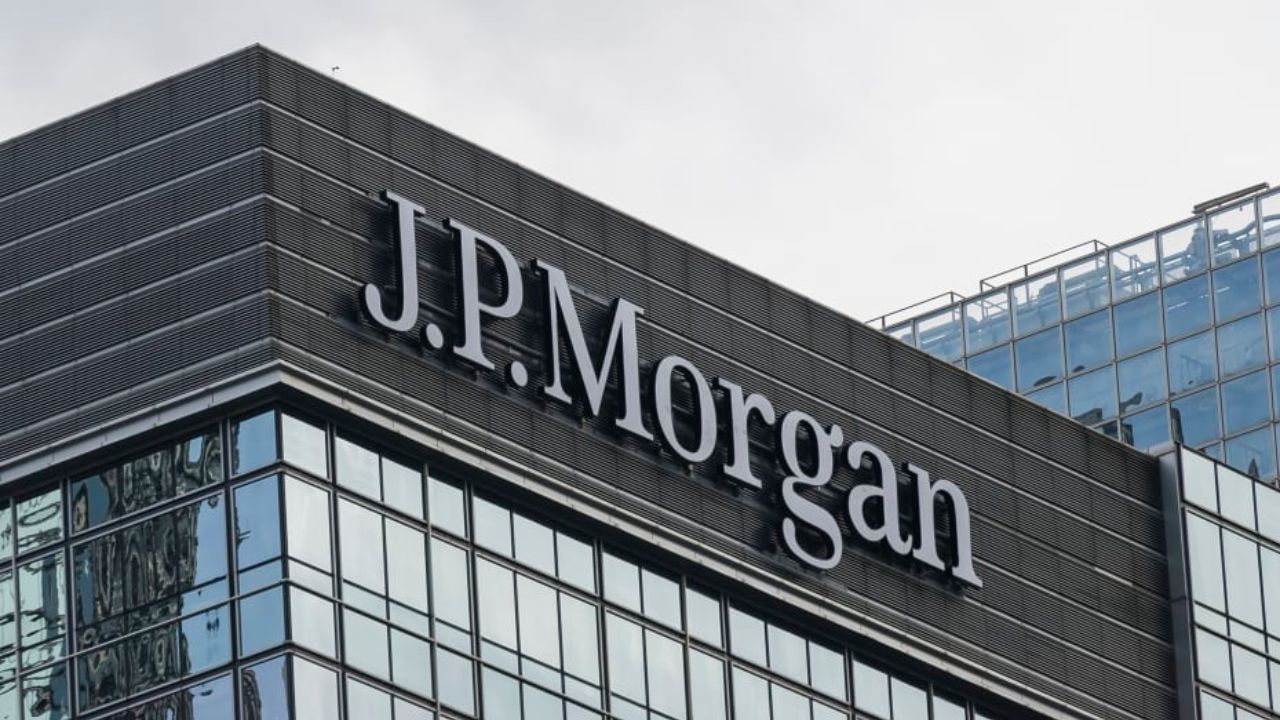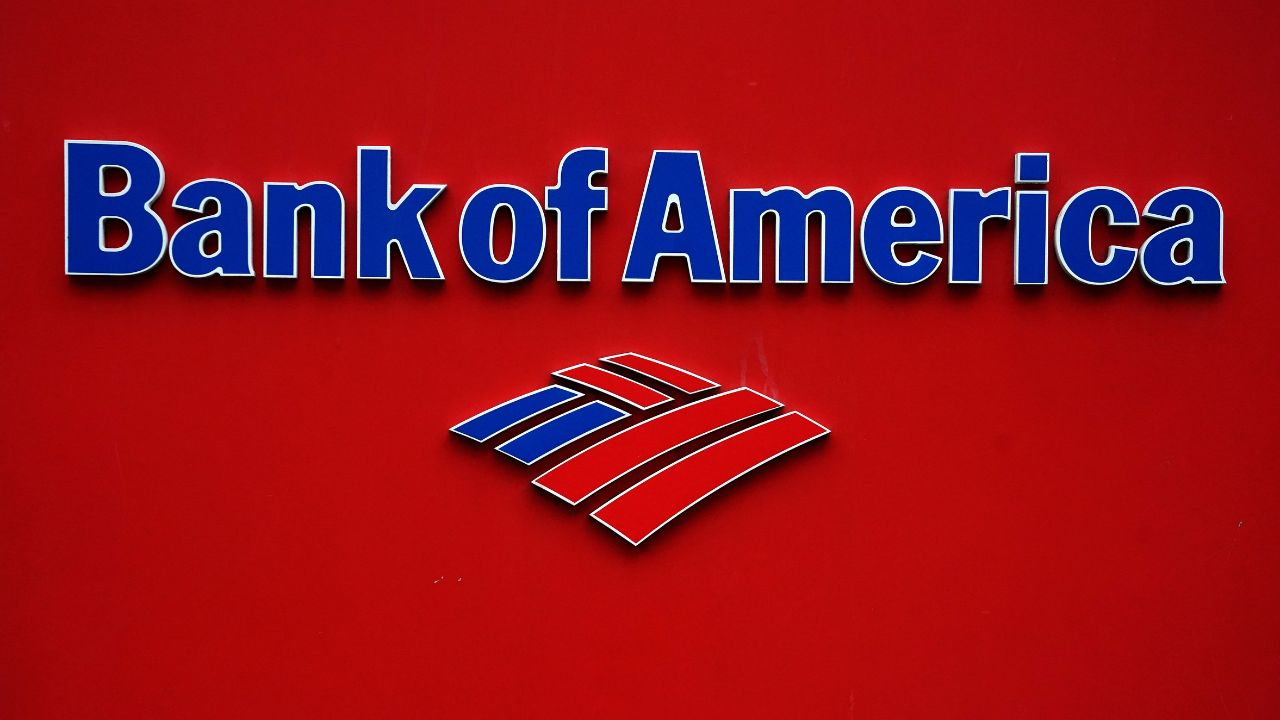France is intensifying efforts to position Paris as a leading global financial hub by making significant amendments to financial legislation.
This move is driven by a desire to attract high-paying finance jobs, a goal set in motion since the UK’s decision to leave the EU in 2016.
The draft bill, slated for parliamentary discussion next month, provides insights into France’s strategy and achievements in this realm.
Success and Sector Growth
Between 2017 and 2022, over 7,000 jobs were generated in the financial sector, indicating a positive response to France’s allure for international finance.
This growth is attributed to major players like Bank of America, JP Morgan, Morgan Stanley, Barclays, and others, who expanded their operations in the French capital.
A key facet of the proposed bill is its intent to carve out an exception under French labour law, traditionally stringent in protecting employee rights.

The exception seeks to facilitate the dismissal of highly paid traders, thereby reducing the financial burden of severance packages on their employers.
This concession responds to concerns raised by U.S. banks, contending that stringent layoff costs impede the expansion of senior staff in Paris.
However, scepticism persists among industry sources, questioning whether this exception might contravene French constitutional principles of equality.
Lawmaker Alexander Holroyd, a member of President Emmanuel Macron’s party, acknowledges the challenge but emphasizes that the focus is on traders in banks, hedge funds, commodity, and energy trading companies.
Private Equity and Market Dynamics
The bill endeavours to attract private equity firms by raising the threshold for investment in listed companies.
If passed, these firms could invest in French enterprises with a market capitalization of up to €500 million, a substantial increase from the current limit of €150 million.

Holroyd projects this could open avenues for private equity to invest in an additional 88 French firms.
A stride is the introduction of multi-voting rights during initial public offerings on the Paris Stock Exchange, aligning with practices in London and Amsterdam.
The bill also aims to streamline capital-raising processes by relaxing rules, making French law more compatible with norms in certain European countries and the United States.
Holroyd emphasizes that the bill’s purpose extends beyond financial sector adjustments. It seeks to address Europe’s broader economic challenge of financing.
By facilitating more flexible financing for companies, France aims to attract a surge of investors and enhance economic resilience.
